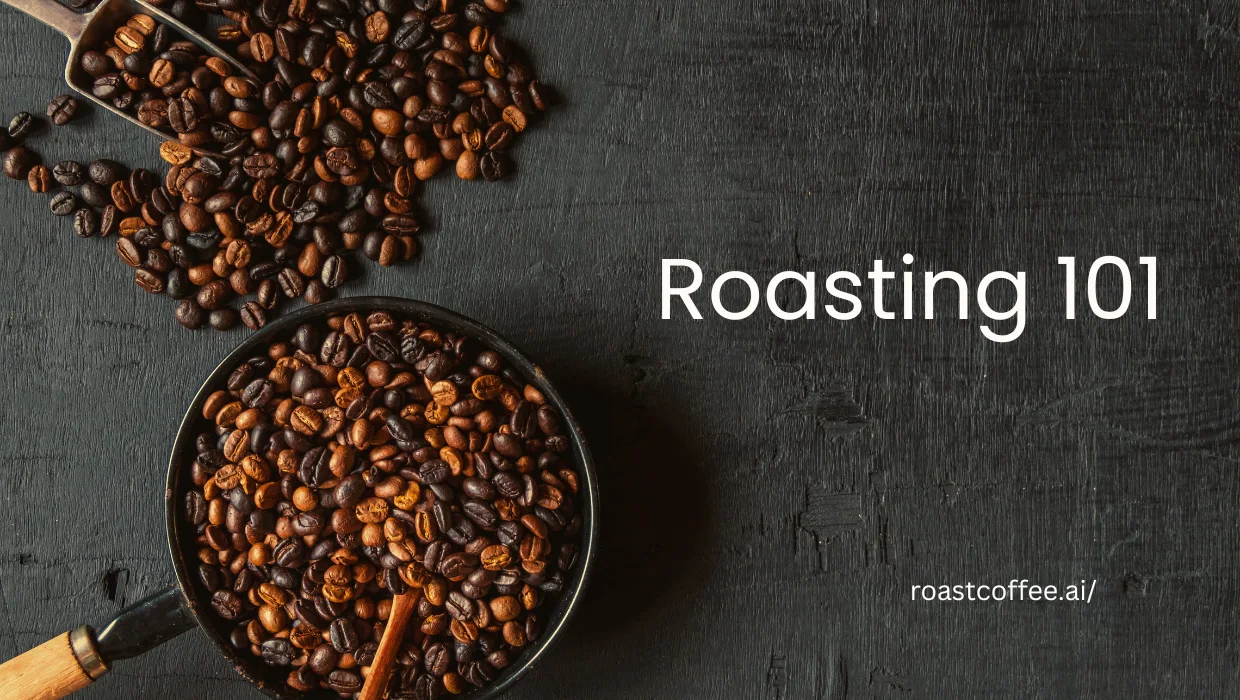Know Your Coffee Green Beans: Sulawesi Toraja
Welcome back to the heart of coffee! In this post, we’re journeying to the remote, mountainous highlands of Sulawesi, an Indonesian island formerly known as Celebes. The Toraja region is a legendary name in specialty coffee, celebrated for its unique processing method and a cup profile that is deep, complex, and intensely satisfying. This is a coffee for those who crave a full-bodied, low-acidity experience with a captivating mix of rustic sweetness, spice, and dark chocolate.
🌍 Where It Is Grown
Toraja is located in the central highlands of the South Sulawesi province, Indonesia. The region is known for its dramatic landscapes, traditional Torajan architecture, and a coffee culture that dates back centuries. The coffee is grown by smallholder farmers on plots often less than one hectare in size, many of whom preserve ancient agricultural practices.
- Varietals & Growing Conditions: The primary varietals are Arabica varieties like Typica, Catimor, and S-795. Soil: Coffee is grown in rich, volcanic, and iron-rich soils, which contributes to its distinct earthy and spicy character.
- Microclimate: The high-altitude, tropical climate with misty, humid conditions allows the cherries to mature slowly, producing dense, flavor-rich beans.
- Altitude: 1,400 to 2,000 meters. The high elevation qualifies much of the coffee for Strictly High Grown (SHG) status, leading to a denser bean that roasts well and develops complex flavors.
- Sustainability: While traditionally grown without chemical fertilizers, more producers are organizing into cooperatives to improve quality control and pursue certifications.
☕ What It Tastes Like
Sulawesi Toraja is renowned for its deep, full body and its distinctive Indonesian profile—low acidity and earthy complexity.
- Expect a silky, syrupy mouthfeel and a heavy, rich body.
- The acidity is typically low-toned and mellow, presenting as a vibrant but not bright character, which is often a hallmark of Indonesian coffees.
- The body is rich and full, providing a luxurious and creamy mouthfeel that lingers.
- Common notes include dark chocolate, molasses, cedar, sweet tobacco, and warm spices (such as cinnamon or cardamom). It often carries a rustic, earthy sweetness and sometimes subtle hints of ripe fruit.
💰 Market / Price Insights Pricing:
As a high-quality Indonesian single-origin, especially the coveted Grade 1 lots, Sulawesi Toraja commands a premium price. Its relative scarcity compared to neighboring Sumatra, and its distinctive profile, adds to its value for roasters seeking a unique, classic Indonesian offering. Exclusivity: The best coffees, such as those grown at the highest altitudes, are often carefully selected and sold as premium single-origin micro-lots, making them sought-after in the specialty market.
💧 Processing Method
The characteristic flavor of Sulawesi Toraja is heavily influenced by the traditional Indonesian Giling Basah process, also known as the Wet-Hulled method.
- Giling Basah (Wet-Hulled) Process: Unlike the washed process where coffee is dried in parchment, the Giling Basah method involves hulling the parchment off the bean while it still has a high moisture content (around 30-50%). The exposed, semi-dried green bean is then laid out to dry further.
- Flavor Differences: This semi-washed process results in the coffee’s signature characteristics: very low acidity, a massive body, and the introduction of its unique earthy, spicy, and sometimes herbal/rustic notes. The green bean is often a distinctive bluish-green color.
🔥 How to Roast It
The Sulawesi Toraja bean, with its high density but semi-wet-hulled processing, requires careful attention to bring out its best qualities.
- For Beginners: A medium to dark roast (Full City to Vienna) is recommended. This roast level amplifies the rich body and develops the desirable dark chocolate and spice notes while keeping the rustic character pleasant and clean.
- For Advanced Roasters: You can push the roast into Northern Italian or French (darker) to achieve an even bolder, smokier cup with intensified baker’s chocolate notes, which is a popular traditional Indonesian profile. Be aware that the wet-hulled process can sometimes lead to slightly uneven roasting.
💡 Post Roasting Requirement
Allow the roasted beans to rest for at least 5 to 7 days. This longer degassing period is beneficial for Indonesian coffees, allowing the heavy body and deep, complex flavors to fully mature and the more rustic notes to settle into a cohesive, smooth cup. Store the beans in a cool, dark place in an airtight container to maintain freshness.
😋 Flavor Profile / Tasting Notes
- Cupping Descriptors: Expect an aroma of sweet wood, tobacco, and cocoa. The cup is marked by a heavy, syrupy body, very low acidity, and dominant flavors of dark chocolate, molasses, cedar, and warm spice, leading to a clean, lingering finish. Comparisons: It is often compared to a high-quality Sumatran coffee (like Mandheling), but is generally considered to have a slightly cleaner, brighter profile with less of the deep earthiness or “peaty” character.
☕ Brewing Recommendations
Due to its full body and low acidity, Sulawesi Toraja excels in brewing methods that accentuate its richness and texture.
- French Press: The absolute ideal method, as it fully showcases the coffee’s rich body and syrupy mouthfeel.
- Espresso: It makes a wonderful, creamy espresso with intense chocolate and spice notes, standing up well on its own or as a rich base for milk drinks.
- Drip Coffee Maker: A great choice for a robust, satisfying, and consistently smooth daily drinker.
A Legacy of Ancient Culture and Complex Flavors
The story of coffee in Toraja is deeply interwoven with the culture of the Torajan people, whose elaborate funerary rites and unique architecture (traditional tongkonan houses) draw visitors worldwide. Coffee has been grown in the region since the Dutch colonial era, and the farmers’ commitment to quality, often under challenging conditions, is a testament to their deep connection to the land. The profile of Sulawesi Toraja is a perfect expression of its origin—bold, complex, and rooted in the earth, offering a truly unforgettable cup that stands out even among the world’s finest coffees.
❓ FAQs
Q: What gives Sulawesi Toraja coffee its earthy flavor?
A: The most significant factor is the Giling Basah (wet-hulled) processing method, where the coffee is partially dried with the parchment removed. This technique increases the coffee’s density and imparts the classic Indonesian earthy, spicy, and full-bodied characteristics.
Q: Is Sulawesi Toraja coffee considered rare?
A: While not the most widely produced Indonesian coffee compared to Sumatra, the highest grade and most complex Toraja micro-lots are produced in relatively small quantities and are highly sought after by specialty roasters.
Q: Where can I buy green Sulawesi Toraja beans?
A: Reputable green coffee suppliers specializing in unique origins, such as Sweet Marias, Genuine Origin, or other specialty green importers, will often carry high-quality, Grade 1 Sulawesi Toraja beans.
So, go ahead and explore this exquisite coffee. Its bold and satisfying character is a classic example of Indonesia’s contribution to the world of specialty coffee.
Until the next sip, keep exploring the world of coffee. Explore our roasting tips, or read about another gem in our “Know Your Coffee Green Beans” series!


